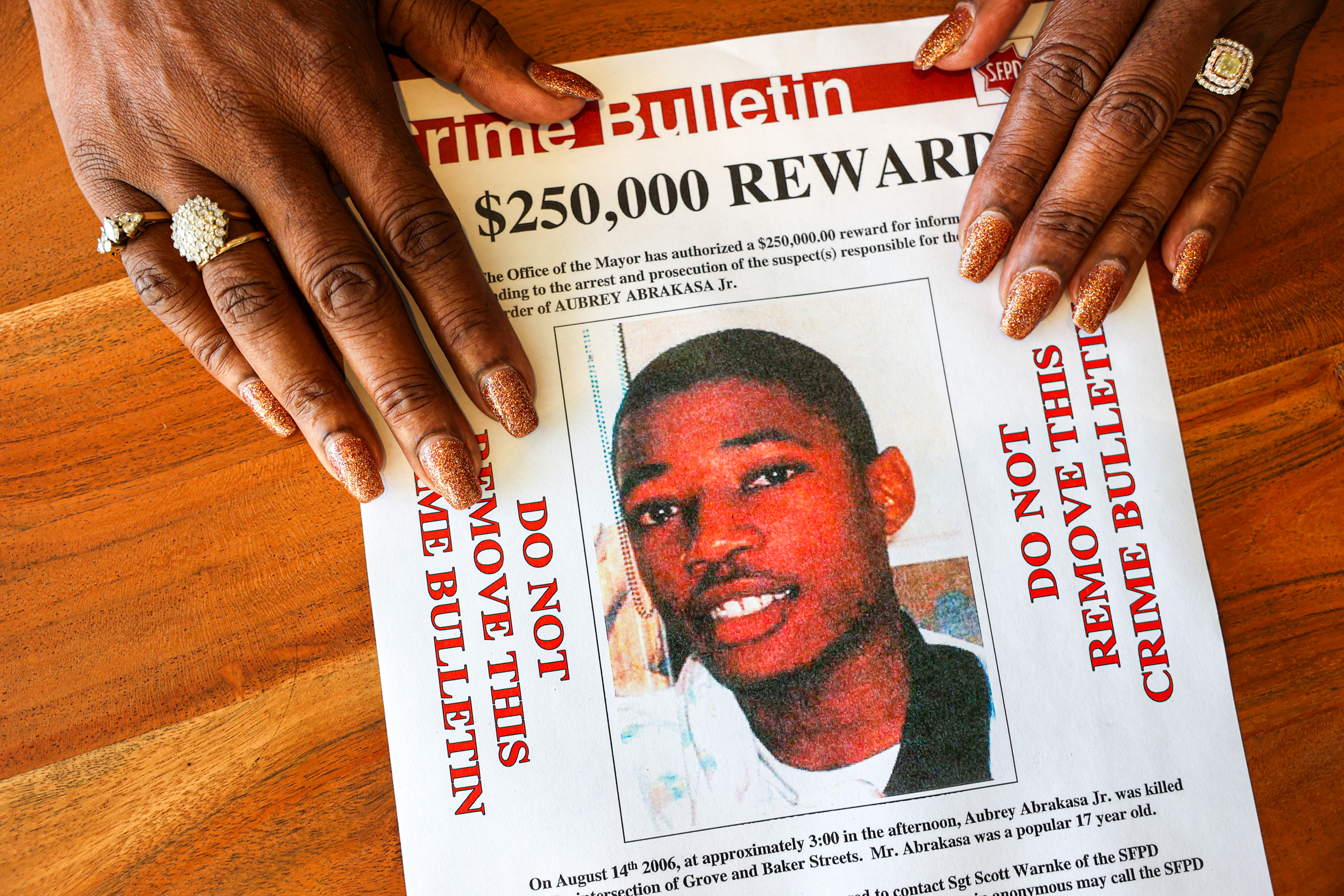Every month or so, San Francisco police issue another reward in hopes that someone comes forward with a tip that rekindles an investigation gone cold.
But as The Standard first revealed, the rewards don’t really seem to work. The San Francisco Police Department issued its last such payout a decade ago. Now, spurred by that reporting, the watchdogs overseeing the city’s police are considering how to make the rewards more effective.
The San Francisco Police Commission credited The Standard for inspiring its review of SFPD’s rewards system—and a proposal to lower the bar by paying for tips that lead to arrest instead of prosecution.
“We saw the article, we heard the community’s concerns, that’s why this presentation was agendized,” commission President Cindy Elias said during the oversight body’s Wednesday night meeting.
SFPD’s lack of payouts casts doubt on the efficacy of cash-for-tips incentives to solve crimes. Revelations about the department’s flawed system have also undermined what for some families is their only hope of solving a crime against a loved one.
The last reward SF police paid out went to a tipster who came forward with information that led to the prosecution of the man who killed Willie Allen in 2006. That was one of just 14 times that the reward money helped solve a cold case killing in San Francisco.
The rewards threshold for homicide tips are codified in a city ordinance and changing it would require the Board of Supervisors to amend it or pass a new law.
Capt. James Ahern, who heads SFPD’s Strategic Investigations, acknowledged the barriers for issuing payouts but defended the system as a worthy investment.
“Payouts are very difficult,” he said. “One, it has to lead to an arrest and prosecution. That’s a high standard for a homicide. But if we solve one homicide from 100 bulletins, it has some worth.”
With that in mind, San Francisco officials seem more inclined to reform than remove the system. There’s talk of modeling it after the program in New York City, where an independent body runs an anonymous tip line that gives much smaller rewards.
“That would lower the bar and get more tips,” Ahern explained.
Granted, he said it’s been years since SFPD’s rewards program led to even an arrest, although there is one exception that may lead to a prosecution.
Still, Chief Bill Scott expressed optimism about the proposed changes.
“Even though it’s been a while since we paid out,” he said, “I believe it’s worth it for many reasons.”
